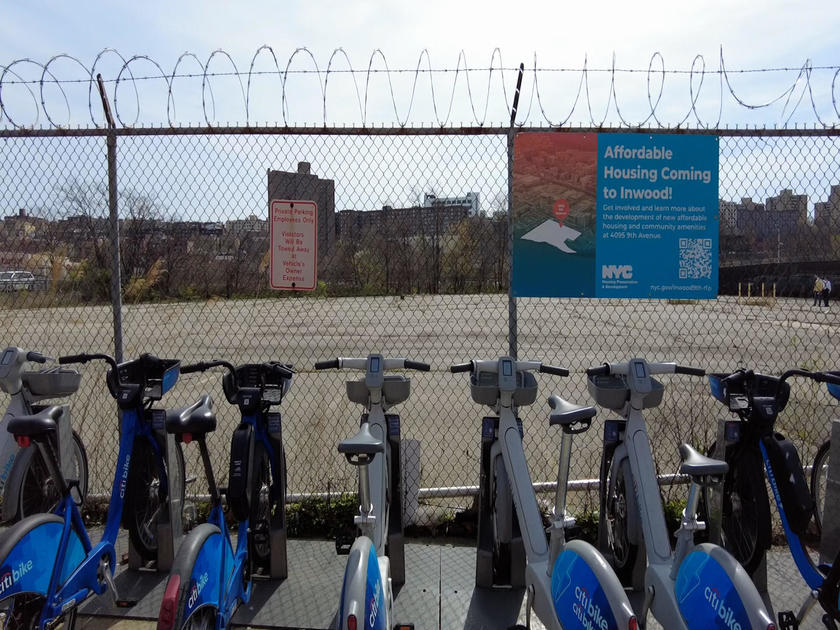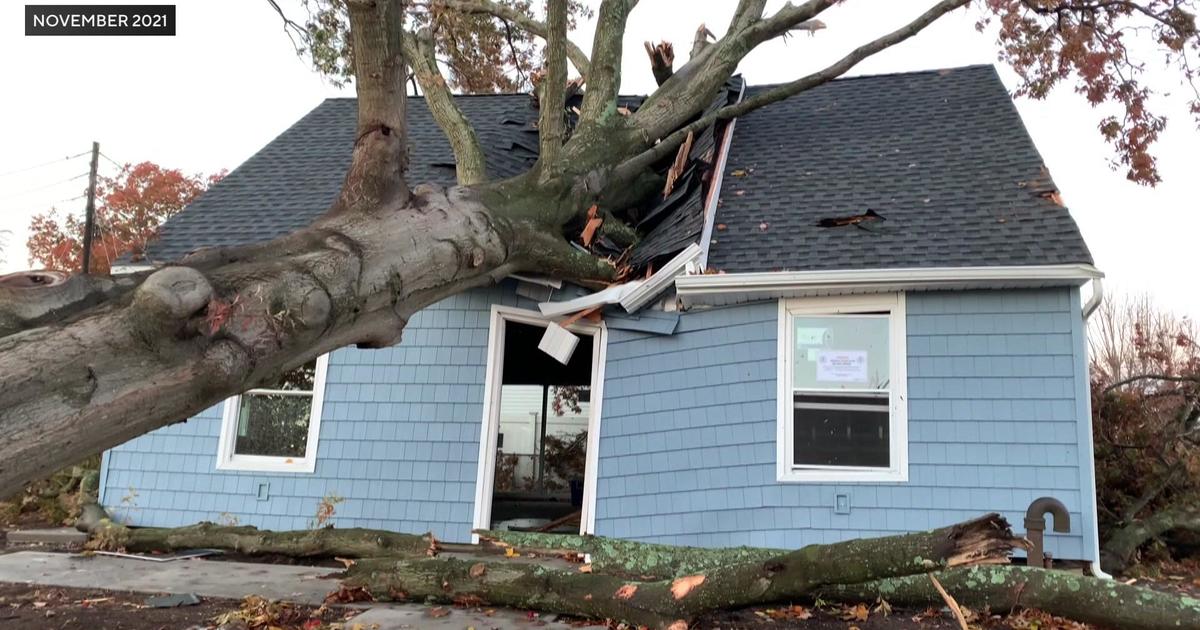'If You Have Breasts, You're At Risk': Survivors Urge Women To Get Screened For Breast Cancer, Regardless Of BRCA Status
NEW YORK (CBSNewYork) - There's an important lesson many women in one family learned about breast cancer.
The lesson is about family history, screening and surveillance, and never thinking you're not at risk for breast cancer.
We've all heard of the BRCA genes: Mutations in those genes put women at increased risk for breast and ovarian cancer.
But what if your BRCA test is negative, yet many of your relatives have breast cancer? What do you do then?
In picture after picture, four sisters can be seen relaxing on a carefree winter vacation, relaxed and happy. But underneath it all, they all share a potentially life-threatening genetic issue. It came to light 27 years ago when their mother was diagnosed with breast cancer.
"There are six of us, cousins, all with breast cancer," said breast cancer survivor Priscilla Alexander. "Plus my mother."
With that family history, Priscilla was one of the first women to be tested for a BRCA gene mutation. It came back negative.
The director of the Dubin Breast Center at Mount Sinai says that's when many women think they, or their daughters, are in the clear.
"That's a huge misconception, that women with a big family history are all related to BRCA. That's just one of the genes. Most women with breast cancer will not have an identifiable mutation," said Dr. Elisa Port, the chief of breast surgery at Mount Sinai Hospital.
In other words, there was something genetic going on in this family, but it just wasn't BRCA. Knowing her daughters were still at risk, they were all in an intensive surveillance program.
"I always lived with the assumption that the news would come someday, so I wasn't really surprised," said breast cancer patient Meredith Shepherd.
Meredith was diagnosed with breast cancer last August, and her sister Melissa was diagnosed three years ago. Both are fine thanks to very early detection because they knew they were at risk despite negative genetic tests. They want women to know they are all at risk.
"You must get checked and you musn't be afraid," said breast cancer patient Melissa Spohler. "Sometimes people are afraid, they don't wanna know, they don't wanna hear. The point is it's so important to know because that's what's going to save you."
"Treat yourself as if you are a BRCA family," said Melissa's mother Priscilla.
Because all three women were diagnosed at an early stage, they did not need chemo or radiation after surgery.
The take-home lesson here, as Dr. Port put it: If you have breasts, you're at risk. Get regular mammograms because the earlier you find breast cancer, the better your chances.



